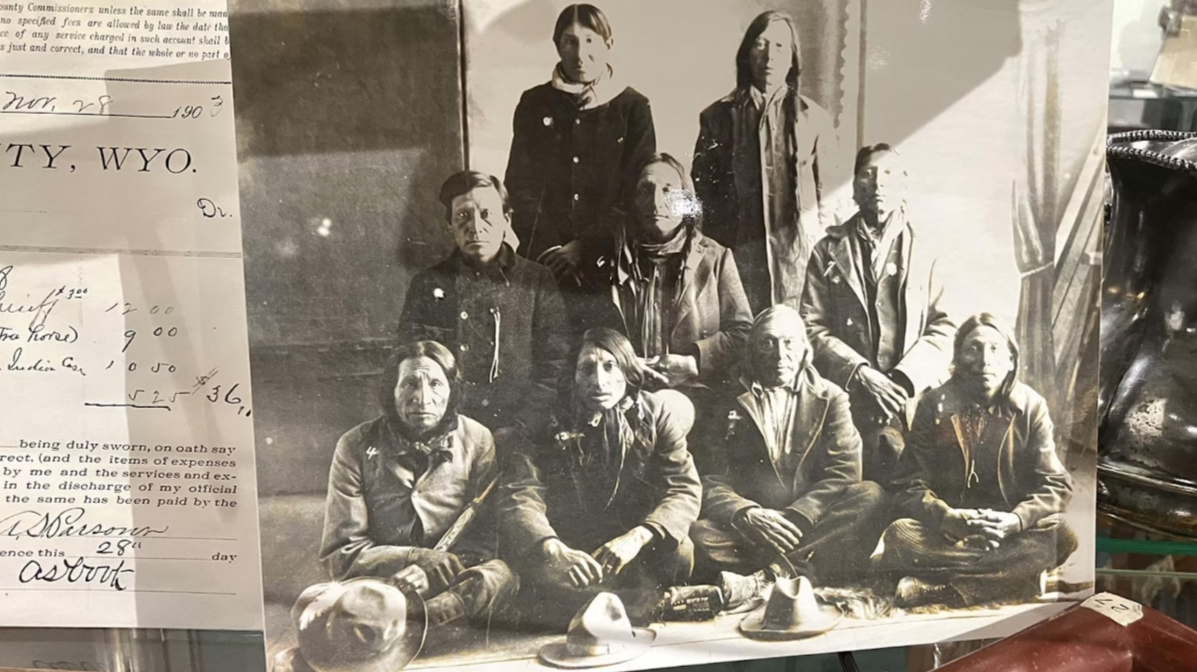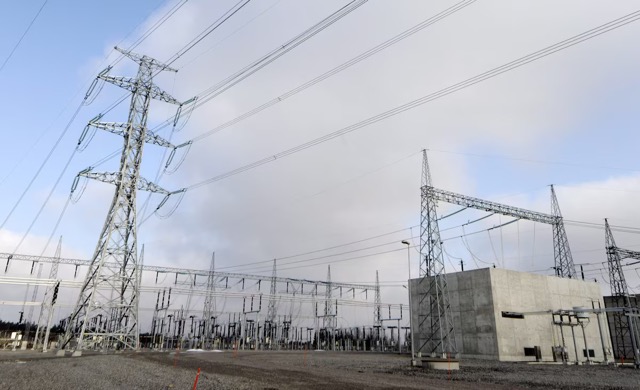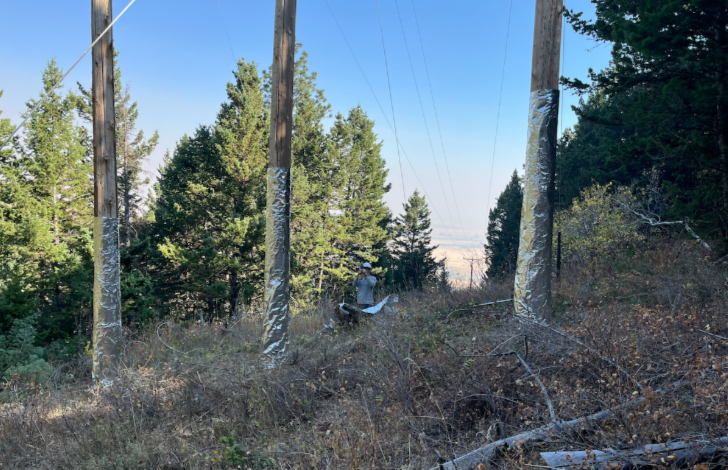Wyoming lawmakers decided to delay advancing a bill aimed at shielding electric utilities from wildfire liability claims, citing concerns over complex amendments and the potential impact on ratepayers, Wyo File reports.
The Minerals, Business, and Economic Development interim committee tabled the bill, meaning it will not be introduced as a committee-sponsored measure in the upcoming legislative session. However, proponents plan to seek individual sponsors to push the legislation forward.
The bill was designed to address rising electricity costs and the financial risks utilities face from wildfires, particularly as climate change drives more frequent and intense blazes. The legislation would have required utilities to implement enhanced wildfire mitigation strategies in exchange for limits on damage claims, an approach modeled after measures in other western states.
Utilities across the West, including Wyoming’s largest provider, Rocky Mountain Power, have faced skyrocketing insurance premiums due to the growing threat of wildfires. Rocky Mountain Power reported an 1,888% increase in insurance costs over the past five years, contributing to a proposed 14.7% rate hike for Wyoming customers.
“We’re just one wildfire away from bankruptcy if we don’t have liability relief,” warned Shawn Taylor, Executive Director of the Wyoming Rural Electric Association.
The proposed bill aimed to balance the need for wildfire prevention with the financial burden on utilities. Under the measure, utilities investing in wildfire mitigation could limit their liability if a fire were deemed to have been reasonably managed by the Wyoming Public Service Commission.
Some lawmakers expressed skepticism about the bill’s economic benefits.
“I see where it’s really good for the utilities. I’m struggling to see how it’s really good or even marginally good for our ratepayers,” said Sen. Chris Rothfuss (D-Laramie).
The Wyoming Trial Lawyers Association raised concerns about removing legal remedies for wildfire victims. Sarah Kellogg, the association’s president, argued that determining reasonableness should remain a jury’s decision, not the Public Service Commission’s.
“Taking this question away from Wyoming people and Wyoming juries is not going to be good for Wyomingites,” she said.
Despite the setback, supporters of the bill plan to continue advocating for liability protections, citing the financial risk utilities face. Similar legislation passed in Utah and California illustrates how other states are addressing the issue, though the overall economic impact remains unclear.









